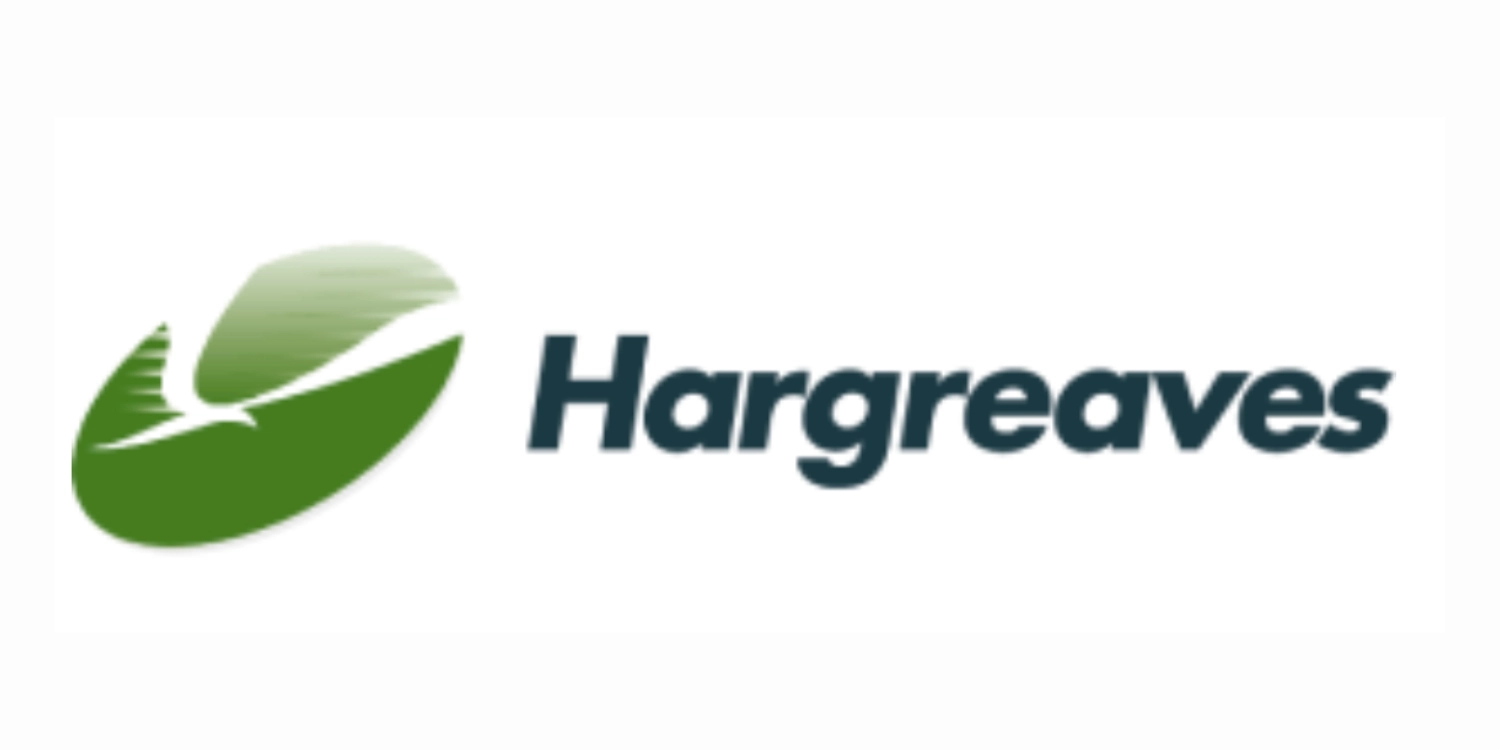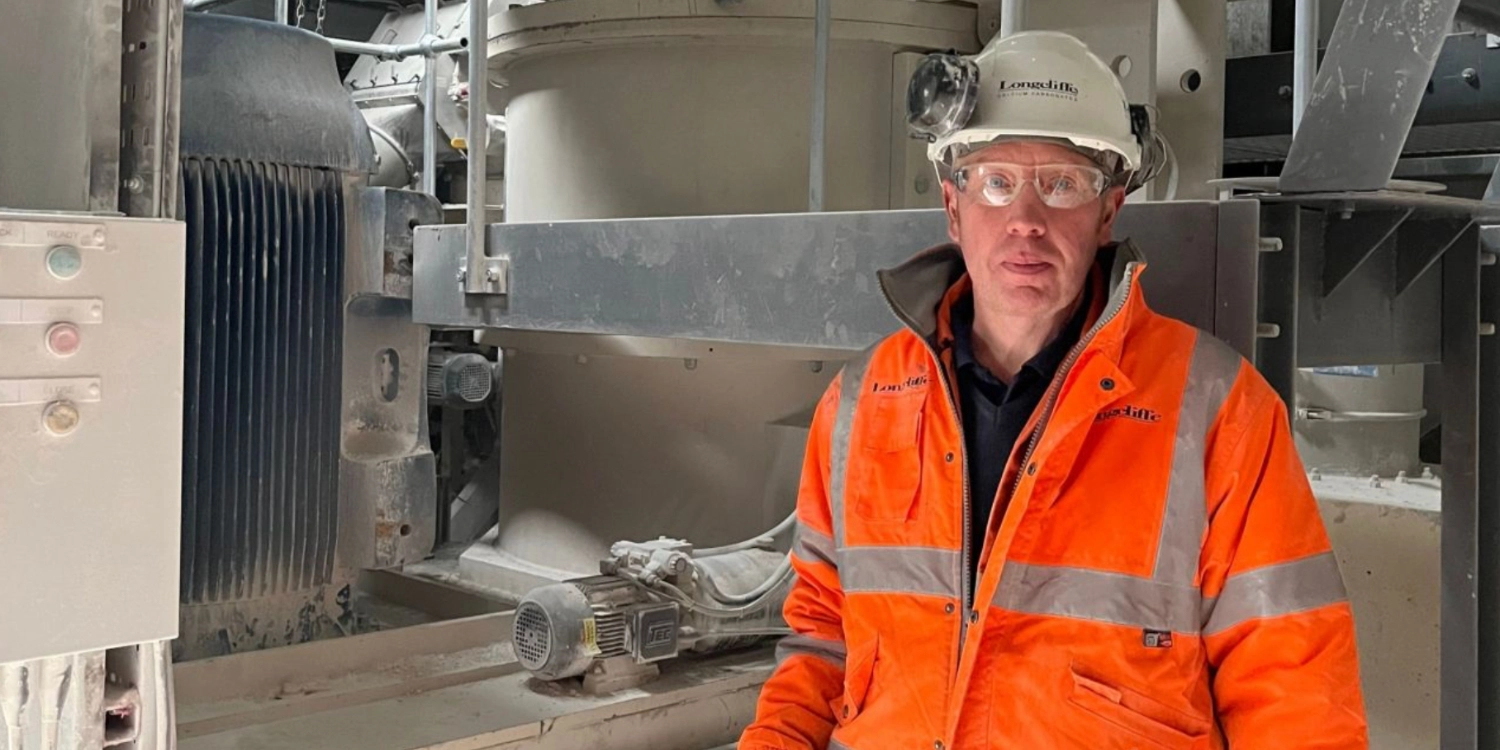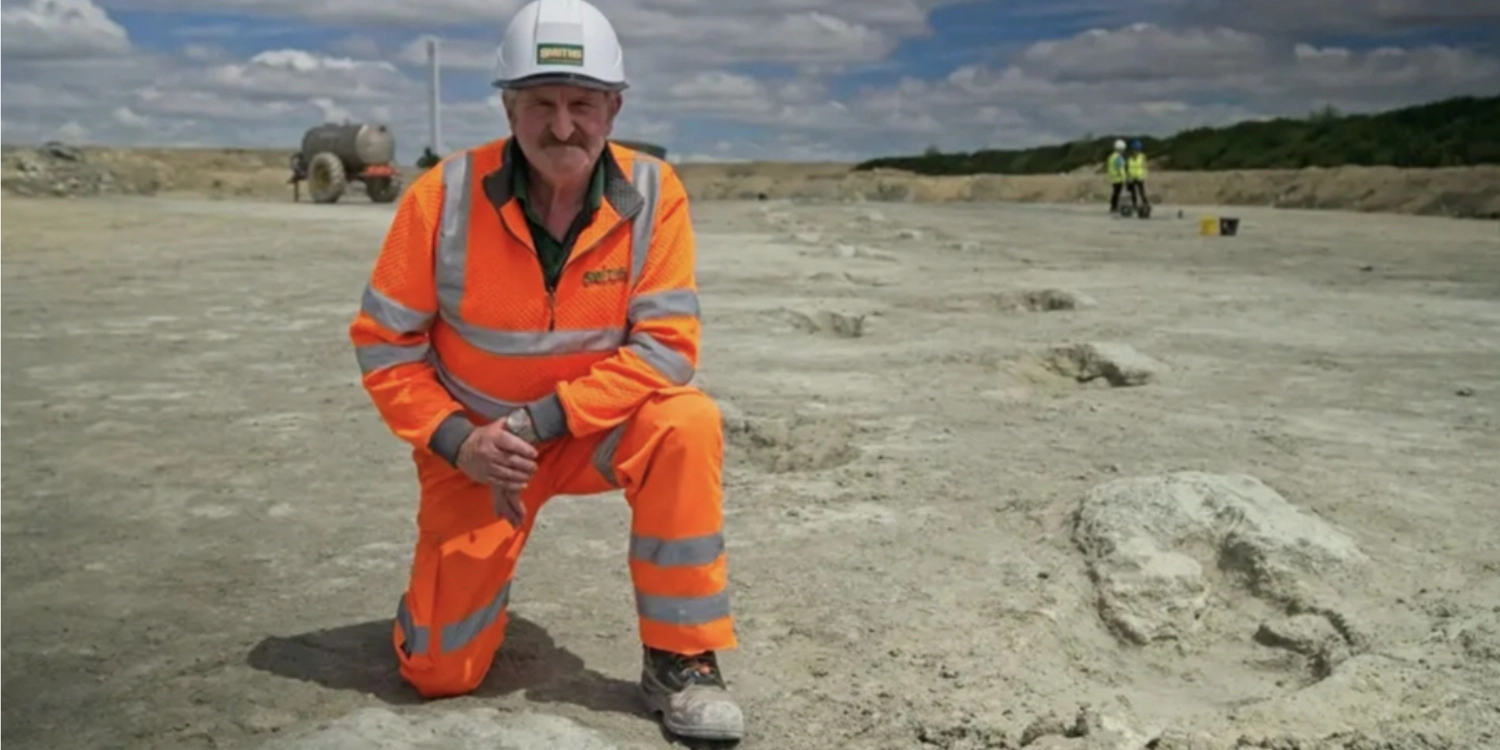News Blog

Handover of Chairmanship
Ric Clemmy, Managing Director of Smith & Sons (Bletchington) Ltd, was presented with his Past Chairman of the British Aggregates

Time to talk:
Thursday the 6th of February is Time to Talk Day. An annual awareness day for us all to start conversations about

Hargreaves
First New Member For 2025 Welcome to Hargreaves Services plc our newest member. With headquarters near Durham and 1300+ employees

Longcliffe £2.4 million project
Longcliffe Quarries Limited are proud to invest in projects that make them greener, more efficient, and ready for the future.

Blastlog Ltd
Blast Log Ltd started their journey in the 1980’s where the Blasting and Environmental Research Group (BERG) based in the

Smiths Dinosaur Footprints
Featured on the BBC, Ancient dinosaur footprints found in Oxfordshire. Unearthed at Dewars Farm Quarry this significant find sheds light on

Working Minds
The BAA is committed to providing its members with critical guidance on Health and Safety matters. We continue to champion

Forvac
We are delighted to welcome Forvac Services Limited as new members. A leading innovator, designer and manufacturer of high performance, heavy duty

